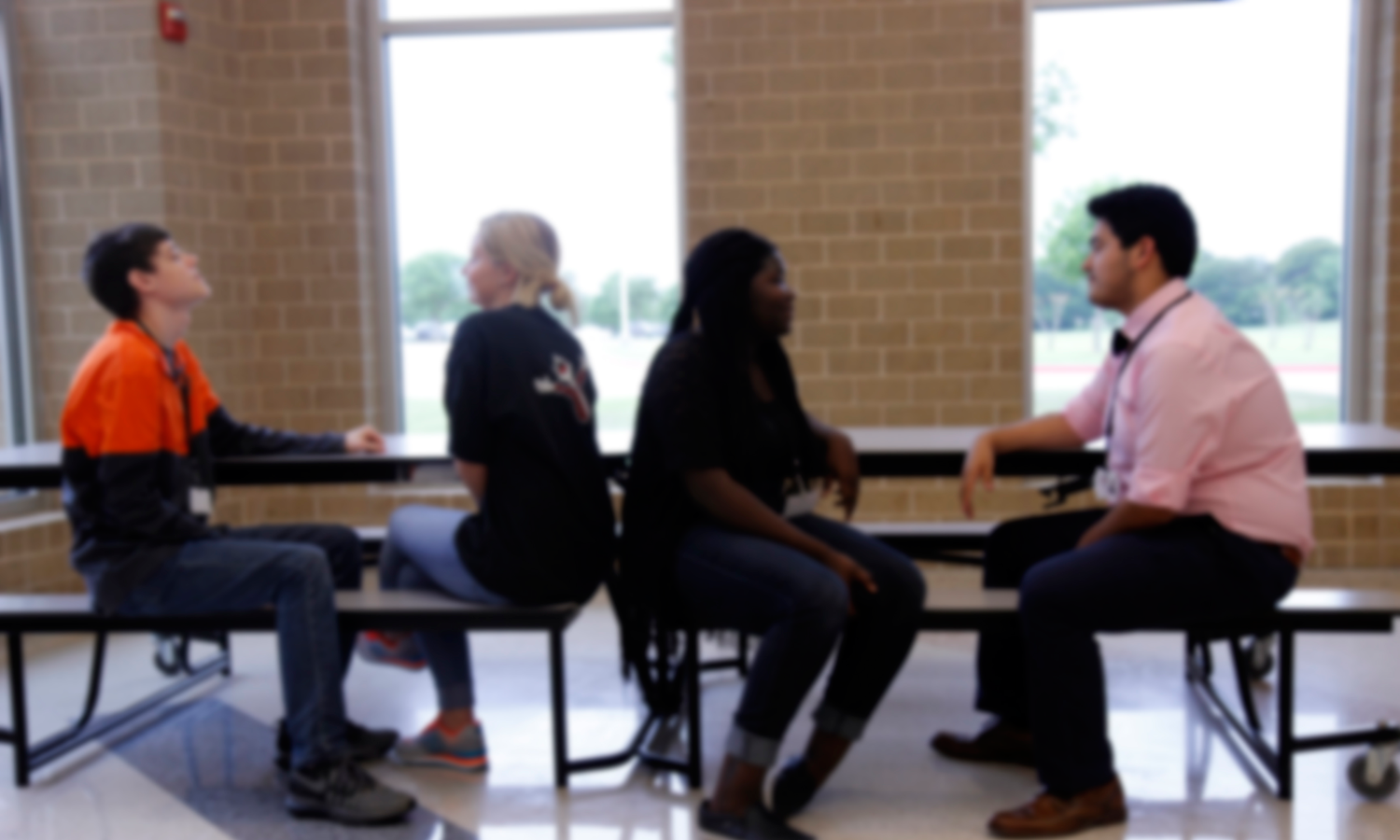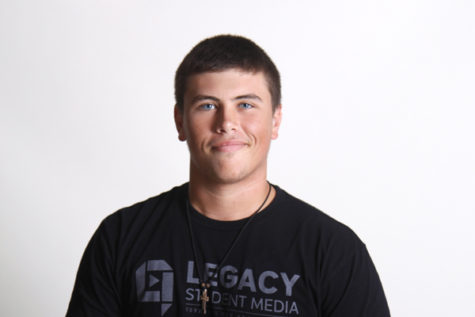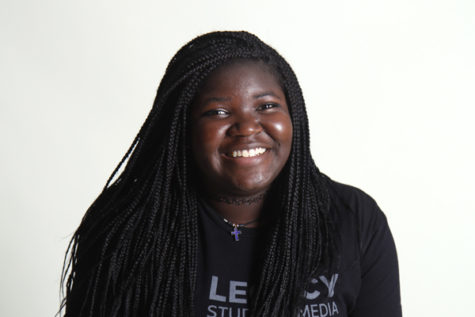As graduate Kelcey McKinley and hundreds of other students begin to trickle into the empty cafeteria, the silence slowly grows into a dull roar. Over the next three periods, the cafeteria will fill with sounds of raucous laughter, the smell of cheap chicken sandwiches, and thousands of teenagers banding together into different social groups. Like it or not, these social circles have secured a spot as a part of American high school culture. The Rider decided to try and answer the question, “Does the group of people a person hangs out with have an impact on how happy they are?”
High school teenagers are statistically unhappy. Untreated depression remains the number one cause of suicide and the third leading cause of death among teenagers. So what causes teens to be unhappy? A University of California at Berkeley study shows sociability, the way we interact with others, plays a big part in our levels of happiness.
“We like to be around people that are like us, and that causes us to be exclusive,” McKinley said. “We hang out with people that only see things the way we see things.”
We also set out to discover whether a certain definition of happiness prevailed at Legacy and, if so, whether or not the standard of happiness can be associated with a certain group or clique. After interviewing McKinley and over 40 other students, we found 100 percent believe that social circles still exist. Junior Shalynn Speer believes activities with friends truly make us happy, which contrasts with most of the responses, which connected happiness with material things.
“People hang out with others who enjoy the same things,” Speer said. “[They] do things together that make them happy.”
Humans prove to be social creatures, and personality traits have a big effect on teenagers. Ninety five percent of teens have felt inferior at some point in their lives usually because of appearance, ability, intelligence and size. This fear of judgement, supported by the media, causes 52 percent of teens to feel as though they need to change their body image. Senior Josiah Young said social circles and opinions of others impact the way we live our lives. This connects to the fact that 66 percent of teenagers feel most people do not see them for who they really are, which leads them to change to please others.
“I think peer pressure is one of the biggest things in high school,” Young said. “When people stand out, people think it’s a bad thing and everybody tries to fit in. We definitely try and get in where we fit in.”
However, a New York Times study of 164 middle school students found popularity wasn’t necessarily the key to feeling good about yourself. General social acceptance seemed to be enough. In our study, not a single person associated happiness with popularity, but more often with the materialist items or their home situation. However, junior Corbin Franklin associates happiness with an activity or an interest.
“[Happiness is] doing something you like to do,” Franklin said. “I have a lot of things I like to do, so there’s always something to keep me entertained and happy.”
Over half of the students The Rider spoke to admitted that they weren’t actually happy, and a Stage of Life study reveals half of high school students have struggled with a mental illness at some point. An average of six million prescriptions for antidepressants are written for people under the age of 18 every year. Legacy’s Crisis Counselor James Bedwell blames the general unhappiness statistics on a lack of social connections. No matter what serves as the cause, the teen suicide rate now stands 300 percent higher than it was 50 years ago, which includes a 75 percent rise in the last decade.
“We were designed to be social creatures. We were designed to be in relationship.” Mr. Bedwell said. “There’s no real connection with other human beings. We have isolated ourselves in a room full of people.”
In 2004, scholars at the University of California suggested college students involved in religious activities have a higher chance at having better mental and emotional health than those who do not. Professor Andrew Clark of the Paris School of Economics found religious believers, compared to non-believers, recorded less stress, cope better with losing jobs and divorce, tend to be less prone to suicide, report higher levels of self-esteem, enjoy greater ‘life purpose’ and report being happier. Junior Brittyn Sutton believes her faith gives her a purpose.
“Happiness comes with temporary materials to fill your life,” Sutton said. “Joy in the Lord is what’s truly fulfilling.”
Most of the students The Rider interviewed had similar responses. For example, over 60 percent acknowledged happiness as a direct correlation to social circles. The division in responses started when students were asked if they were truly happy and what affected their answers. McKinley believes happiness tends to be a choice we all make, regardless of your circumstance.
“You can mope about everything wrong with in your life, or you can look at everything that you have and see what you want and what makes you happy,” McKinley said. “I feel like you can’t really be happy unless you know what makes you happy, and [you go] for it.”







